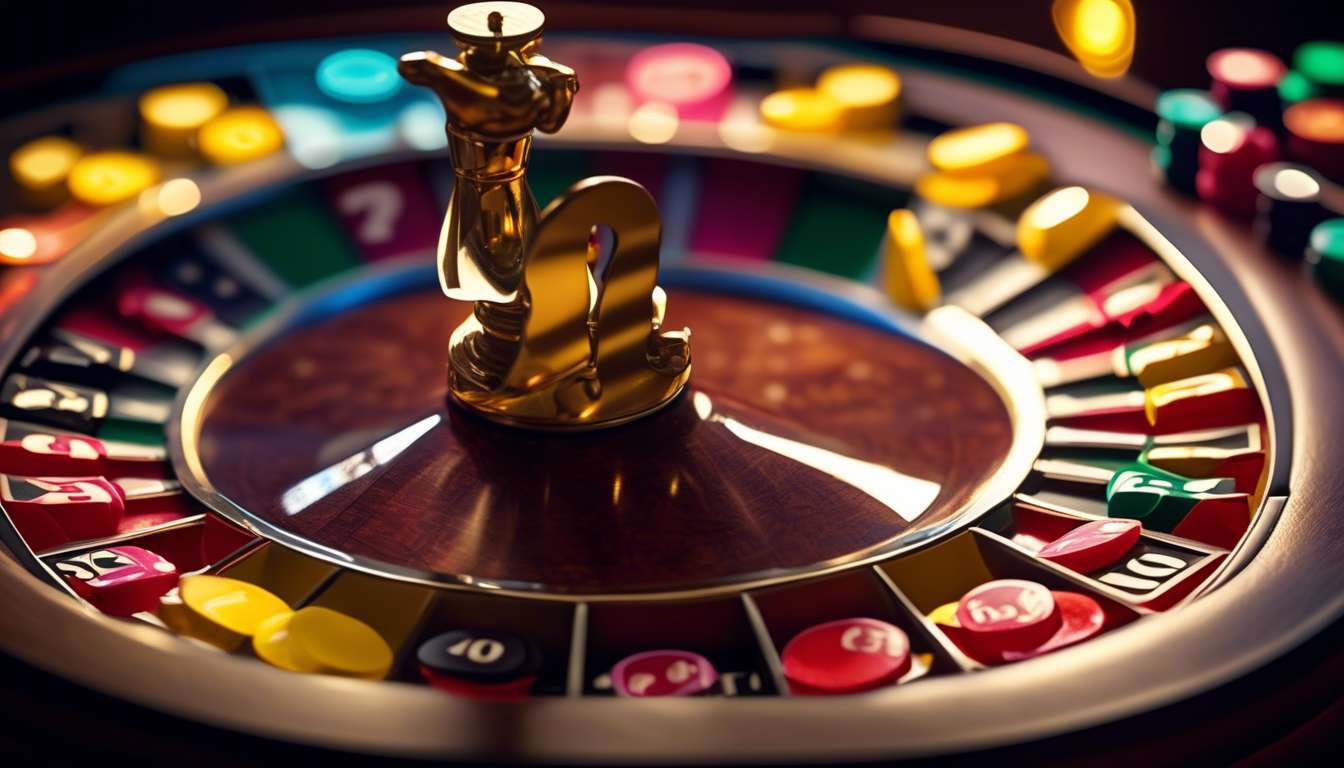The Ultimate Guide to Comparing Casino Tips
In the exhilarating world of casinos, where the clinking of chips and the whirl of the roulette wheel create an atmosphere of anticipation, we find ourselves constantly seeking that golden edge. Together, we’ve explored countless strategies and tips, each promising to unlock the secrets of success. Yet, with so much advice swirling around, how do … Read moreThe Ultimate Guide to Comparing Casino Tips










